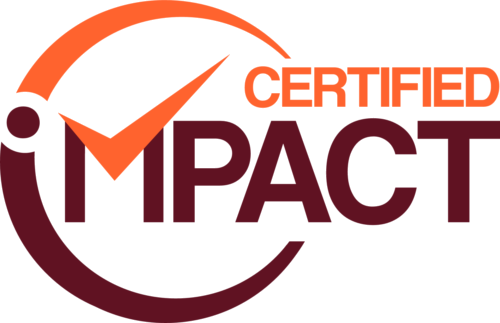As a certification consultant, one of the most common questions I hear from women is, “if I own 51+% of the business with my husband, can I get certified as a woman owned business? The answer is “maybe”. Let's break down the general eligibility criteria for women’s business certification and understand why some businesses qualify while others don't. Keep in mind that this post covers basic eligibility only. There are many nuances and requirements that are not covered in this short post that could impact a final approval of a certification award.
Who is Eligible?
Fraudulent Practices
Certification Goals
1. Is this MY business?
2. Is this my industry?
3. Is my role more than administrative?
4. Am I reliant on my male partner’s resources?
5. Is my business intertwined with another family business?
6. Can I fire my male partner?
7. What’s my genuine motivation for certification?
Examples of Ineligible Scenarios
1. Construction Company:
2. Family Marketing Firm:
3. Bookkeeping Firm:
4. Trucking Company:
5. Established Business:
Final Thoughts
Reference/Source: WBEC East: Women's Business Enterprise Center
Who is Eligible?
Husband/wife (or sibling, parent/child) teams might be eligible for women’s business certification, but it depends on the business dynamics and who holds control. Some women build their businesses entirely on their own, while others do it alongside male family members. The goal of women’s business certification is to “economically empower these women, ensuring they have a fair shot in procurement”.
Fraudulent Practices
Unfortunately, some male business owners manipulate the system by giving a woman just enough ownership to falsely claim it as women-owned. This fraudulent practice undermines the certification’s purpose, which is to create economic equity for women entrepreneurs and ensure equal access to contracts.
Certification Goals
The aim is to level the playing field for women-owned businesses, not give them an unfair advantage. Remember, women couldn’t get business loans without a male co-signer until 1988. Many women-owned businesses rely on certification to ensure equal access, and certifying bodies strive to ensure that only businesses truly owned and run by women get certified.
Key Questions to Ask Yourself
If you work with male family members or friends and are considering women's business certification, consider these questions before applying:
1. Is this MY business?
o Do you make all final decisions?
o Are you actively involved in daily operations?
o Do legal documents confirm you as the decision-maker?
2. Is this my industry?
o Do you have the foundational industry knowledge?
o Can you manage without your male partner?
o Do you have the expertise to back up your opinions?
3. Is my role more than administrative?
o Do you oversee technical operations like sales, hiring, and project completion?
o Or is your role mainly administrative?
4. Am I reliant on my male partner’s resources?
o Does your partner hold necessary licenses or have essential contacts?
o Can you independently secure clients and contracts?
5. Is my business intertwined with another family business?
o Does your partner own or work in a similar business?
o Can you run your business independently if the other business ceases?
6. Can I fire my male partner?
o Do you have the legal power and confidence to run the company without him?
7. What’s my genuine motivation for certification?
o Are you being honest with your answers to these questions?
Examples of Ineligible Scenarios
1. Construction Company:
o John starts a company; Jane joins later as an administrator.
o John gifts 51% to Jane to get certified but still controls daily operations.
o Reason for Ineligibility: Jane lacks technical expertise and does not oversee daily operations.
2. Family Marketing Firm:
o Jane becomes President with 60% ownership, but major decisions need unanimous consent from her brothers.
o Reason for Ineligibility: Jane does not have total control over the business.
3. Bookkeeping Firm:
o Jane manages her brother Jacob's utility company's finances, with no other clients.
o Reason for Ineligibility: Jane relies entirely on her brother’s business and they plan to misuse the certification.
4. Trucking Company:
o Jane owns the company, but Joe, her son, drives the truck he owns.
o Reason for Ineligibility: Jane lacks the necessary expertise and cannot complete projects without Joe.
5. Established Business:
o Jane ran the business but now her son Jim manages daily operations.
o Reason for Ineligibility: Jane no longer oversees daily operations.
Final Thoughts
Rigorous reviews ensure that only genuinely women-owned and operated businesses get certified. This thorough process is why many corporations and government agencies trust women’s business certifications. When you see a man pitching for his wife's business, consider if you'd react the same if roles were reversed. Certified businesses run by women have the expertise and decision-making power to succeed independently.
Reference/Source: WBEC East: Women's Business Enterprise Center

